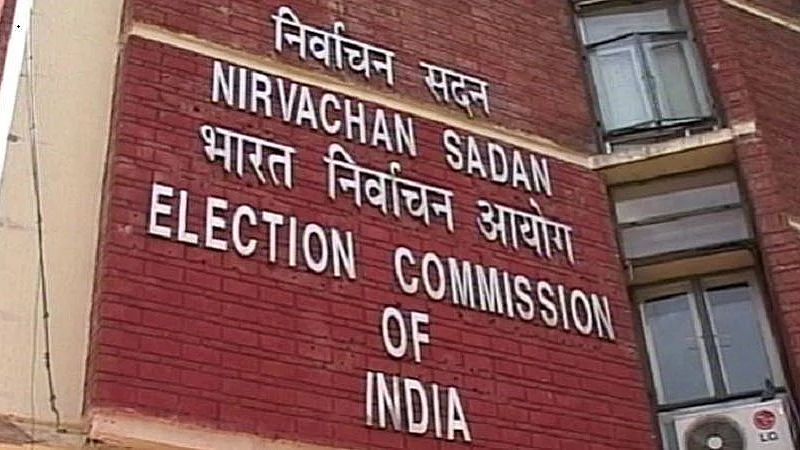The curious case of why Election Commission didn’t bark or bite
By bulldozing Electoral Reforms Bill in both Houses of Parliament, govt merely strengthened suspicion that it is up to no good, and the objective of the legislation may not be as innocuous as claimed

To the Government’s credit, it has not even tried to justify the ugly and unseemly haste with which it pushed through the Bill in Parliament allowing linkage of Aadhaar with electoral rolls. It is clearly in no position to defend what is, on the face of it, indefensible. A legislation as important as this and dealing with major electoral reforms, required a fuller discussion and scrutiny. But by bulldozing the Bill in both Houses of Parliament, it has merely strengthened suspicion that it is up to no good; that indeed it may well be up to some mischief and the objective of the legislation may not be as innocuous as claimed. Such haste barely two months before five states elect new legislative assemblies has added sting to such suspicion. Even as there is little clarity whether provisions will be notified before January for the revision of electoral rolls, such concerns need to be addressed.
Despite its digital database, Election Commission has rarely succeeded in bringing out correct electoral rolls till now. Not just duplication of voters but also errors in spelling voters’ names and addresses have invariably led to the disenfranchisement of an extraordinarily large number of voters in every election. How convincing is the Commission’s case that linkage with Aadhaar will put an end to such glitches? Surely such data should have been first made public. While time will tell if suspicions are misplaced, the manner in which the Government sprung the Bill and allowed no meaningful discussion in Parliament, has done little to inspire confidence in its intent. On the other hand, it has strengthened the suspicion that ground has been cleared for introducing e-voting, voting by NRIs and one election.
How safe will be the data and how secret will now be the ballot? The Supreme Court of India had in 2015 stopped the Election Commission from linking electoral rolls with Aadhaar. But now that it has become a law under dubious circumstances, the court is unlikely to interfere with the ‘will of the people’. People themselves will have to be extra vigilant and organise themselves to ensure that their ballot remains secret and they are not disenfranchised.
Linkage of Aadhaar with voter cards in 2018 led to the disenfranchisement of five and a half million voters in Telangana but nobody has yet been held accountable. What is indeed the guarantee that such large-scale exclusion of voters will not take place in future? Should the voters now demand to be compensated for being left out of the electoral rolls for no fault of theirs? The experience in Assam with NRC and Aadhaar is especially discomforting.
While the Government and the Election Commission’s fascination with ‘digital India’ may not be misplaced, the sad fact is that even now a majority of the population are neither comfortable nor familiar with digital operations. Language and literacy remain significant bottlenecks and so does Internet infrastructure.
Aadhaar itself has been mired in controversies with complaints of errors and leakage of data. Despite Jan Dhan Accounts, KYC norms and mobile phones, the Indian banking system has still failed to trace over eight crore depositors with Rs 26,697 crore of deposits. Bank frauds have gone up and a large population have been left out of food ration and other welfare measures because of glitches associated with Aadhaar. Such concerns can hardly be dismissed lightly and the ECI will have to do a much better job of justifying its confidence.
(This article was first published in National Herald on Sunday)
Also Read: Onus on govt to run Parliament: Rahul Gandhi
Follow us on: Facebook, Twitter, Google News, Instagram
Join our official telegram channel (@nationalherald) and stay updated with the latest headlines
